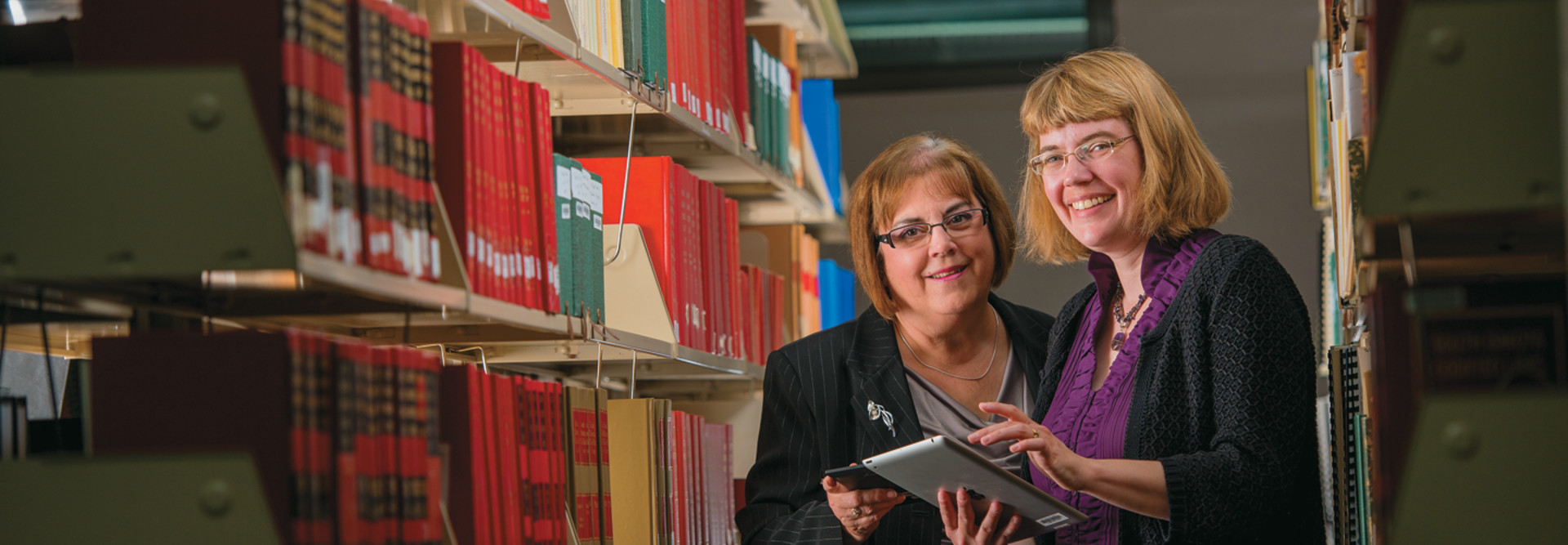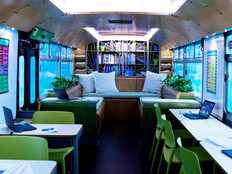Why E-Readers Are Making Inroads in Government
When Julie Erickson learned that the South Dakota state legislature had provided dozens of lawmakers with Apple iPad devices, she knew it was time to advance her idea to expand the use of handheld technology in the state library system.
Erickson, electronic resources coordinator for the South Dakota State Library, had been looking for a way to expand the use of e-readers throughout the libraries in the state. The goal was to buy enough devices to conduct training for librarians, so they in turn could train the public on how to use the e-readers.
"Many of our libraries didn't have the funding to buy the devices and train their staff, much less the public," says Erickson.
Last December, South Dakota State Library's "technology petting zoo" was born — a collection of 14 Sony Reader Wi-Fi PRS-T1BC devices and 16 iPads. Libraries in the state can check out the devices to train their staff and the public, or they can receive training themselves.
The percentage of urban residents who say they'd be likely to use an e-reader already loaded with a book if they were made available at the public library
SOURCE: "Reading Habits in Different Communities" (Pew Research Center's Internet & American Life Project, December 2012)
"We knew the demand was out there and becoming stronger, but the overwhelming response surprised us a bit," says Daria Bossman, the South Dakota state librarian. "It truly is a grassroots movement with citizens demanding electronic access as one of their options. We encourage our public libraries to meet the needs of their communities."
Bossman says that one public librarian has used the state library's traveling technology petting zoo to help her staff become more comfortable with the technology. "She told me that the petting zoo would definitely improve her staff's skills with the browse, check-out and download functions," she adds.
Technology Is in High Demand
South Dakota's efforts are right on track with what other libraries are doing and what patrons want. Kathryn Zickuhr, a research analyst for the Pew Research Center's Internet & American Life Project, says Pew studies show that the role of librarians increasingly involves more tech support.
"Many librarians have told me that the week after Christmas, people bring in their e-readers or tablet computers still in the box, looking for help setting them up and downloading e-books," she says. Pew's research also shows that more than half of Americans would be interested in taking classes on how to download e-books.
To accommodate fast growth, Bexar County, Texas, is taking e-reading to the next level by building the country's first fully digital library. Called BiblioTech, the library is set to open later this year with 10,000 digital titles and 165 e-readers to lend to patrons. It will have no paper books, but will have a tech-savvy library staff ready to show patrons how the system works.
"We've had explosive growth in unincorporated areas of the county, so our residents couldn't take advantage of the San Antonio public libraries anymore. We had to build our own system," says Laura Cole, project coordinator for BiblioTech. "We thought about the most efficient and cost-effective way to deliver library services to the widest audience, and a digital library seemed like a natural solution."
While patrons will be able to use their own e-readers to download library materials, BiblioTech also has invested in 165 3M Pocket Book 602 e-readers with six-inch displays and two-gigabyte hard disks running Linux. Unlike other e-readers, these devices have no functionality other than being able to download e-books. That makes the units less expensive and less susceptible to theft, Cole says. Because the 3M devices can hold a charge for about three weeks, BiblioTech won't have to loan chargers.
A Legislative Interest in Mobile Devices
Although libraries are currently the largest users of e-readers in state and local government, a few other areas of government are exploring them. In Delaware, legislators, attorneys and private citizens can read any section of the Delaware Statutory Code they want on any type of e-reader or smart device. Soon, they also will be able to access the state's Administrative Code of Regulations.
The idea was born from talks that took place over several years between groups in the state's legislative and executive technology divisions.
"It just seemed to be a good way to get as much information out to the public as possible because so many people use them," says Jeff Hague, registrar of regulations for the state's legislative council.
Hague, who spearheaded the initiative, made sure the electronic material was compatible with every e-reader format. He uses Kindle's e-reader software to optimize the information for the Kindle, and the MOBI open-source code and HTML5 to make it available for other devices.
Once the Administrative Code of Regulations is available, Hague will work on enhancing search capabilities. In the near future, anyone reading the code on an e-reader or smart device will be able to access the history of any section or bill back to the 1850s.









